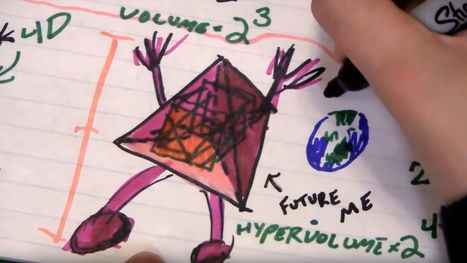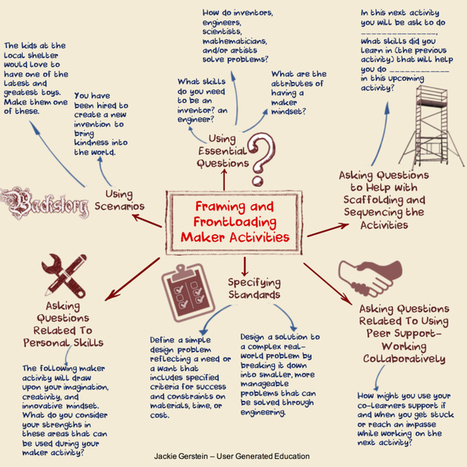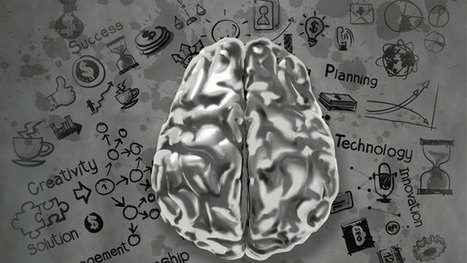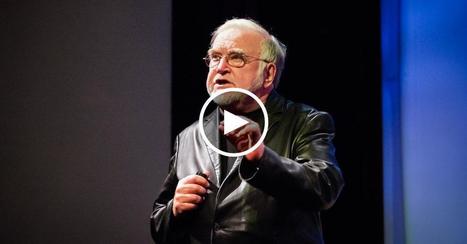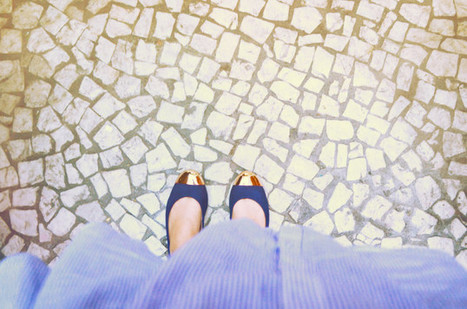When I think about the times I definitely knew what I was talking about, versus the times I kinda, sorta, might have, maybe did… well…. Let’s just say that wisdom doesn’t always come with age, but hindsight certainly does. We may cringe when we remember the moments we were overconfident, out of our depth, etcetera, and so forth—when we lacked the critical capacity known as intellectual humility. It’s a quality that can save us a lot of shame, for sure, if we’re the type of people capable of feeling that emotion.
Via Elizabeth E Charles



 Your new post is loading...
Your new post is loading...


